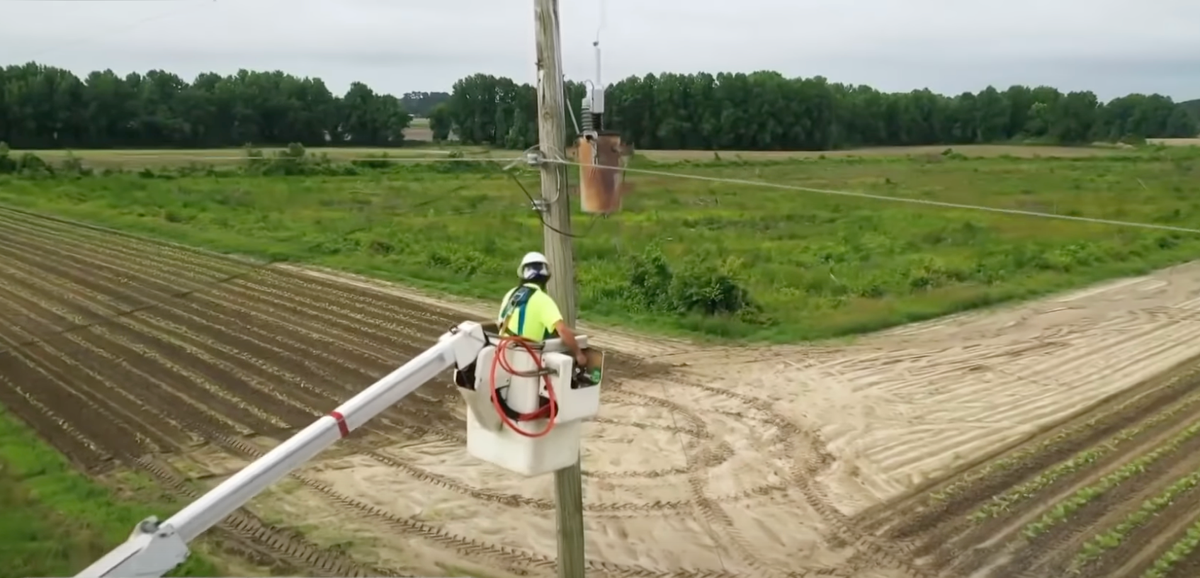
WASHINGTON, March 31, 2024 – Broadband ISP trade associations from 15 states are seeking a broad exemption from pending federal regulations that are likely to require annual reports, internal compliance monitoring and various recordkeeping obligations with the goal of identifying and redressing digital discrimination.
The Federal Communications Commission under Chairwoman Jessica Rosenworcel has proposed the reporting rules, but the multistate coalition of rural broadband providers expects the scope of the anticipated burdens to be substantial enough to justify the relief being sought.

“If adopted, without exemption for rural providers, the companies we represent will be forced to comply with duplicative reporting that will only serve to impose additional costs and burdens without any evidence that rural providers are engaged in practices resulting in discriminatory impacts,” the trade groups said in a filing Friday with the FCC.
See also:
Broadband Groups Decry Impact of FCC Digital Discrimination Rules on Rural Providers
ACA Connects, the Rural Broadband Association NTCA, and WISPA issued a joint statement against them.

The coalition includes broadband associations from South Dakota, North Dakota, Georgia, Kentucky, Nebraska, Tennessee, Utah, Kansas, Wisconsin, Alaska, Oregon, Nevada, Indiana, Washington and Michigan. They together represent “approximately 348 rural broadband providers that provide connectivity to underpopulated and geographically remote places in the United States.”
The rural ISPs did not suggest criteria the FCC should use to create the exemption. In a recent video proceeding on All-In Billing, the FCC gave small providers additional time to comply if they had annual receipts of $47 million or less.
A key reason for an exemption, the rural broadband providers said, is that the FCC has failed to amass a record with “hard data or even soft anecdotal comment” as an impetus to impose the reporting obligations on rural providers.

“Quite simply, the record lacks any evidence that smaller providers or rural providers have engaged in discriminatory practices or that current tools and existing regulation is insufficient to assure universal service. Without discriminatory practices to expose, additional reports do nothing more than add cost and distract from the work of universal service,” the trade groups said.
Last November, the FCC adopted digital discrimination rules pursuant to Section 60506 of the Infrastructure Investment and Jobs Act of 2021. The agency’s rules include a so-called “disparate impact” standard that can hold broadband ISPs liable for broadband deployment practices that do unintentional harm to consumers based on income level, race, ethnicity, color, religion or national origin. The rules are on appeal in the U.S. Court of Appeals for the 8th Circuit in St. Louis.
Along the with rules, the FCC issued a further notice that would require each broadband ISP to submit an annual report that includes information regarding communities served and not served by large scale broadband deployments, upgrades, and maintenance projects and their stages of development on a state-by-state or territory-by-territory basis.
The California Public Utilities Commission is backing the FCC’s expanded data collection effort. “Through the robust collection of the data the [FCC’s proposal] contemplates, the FCC can establish metrics and indicators for tracking progress on eliminating digital discrimination and also establish a baseline for each broadband provider,” the CPUC said in an early March filing with the FCC.
The rural broadband providers – which include cooperatives, small family-owned corporations, competitive and rural local exchange carriers, and municipal and tribally owned providers – stressed that the FCC’s proposal is duplicative and unnecessary because of their participation in the Universal Service Fund’s high-cost program and as broadband funding recipients under the Rural Utility Service’s “Rural eConnectivity Program.”
“Digital equity is inseparable from universal service policy and law. The companies we represent have always and will continue to practice digital equity as they comply with universal service obligations,” the trade groups said.
Article by Ted Hearn, the Editor of Policyband, a new website dedicated to comprehensive coverage of the broadband communications market. A version of this piece was published on Policyband on March 31, 2024, and is reprinted with permission.

